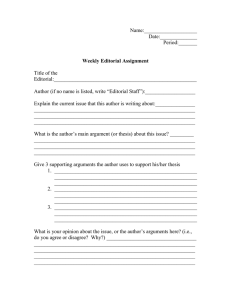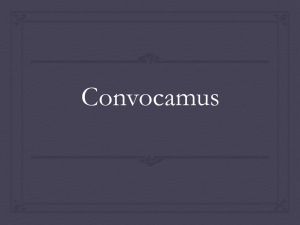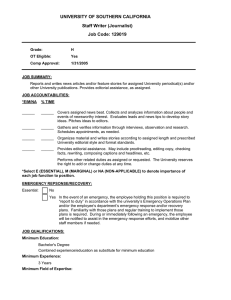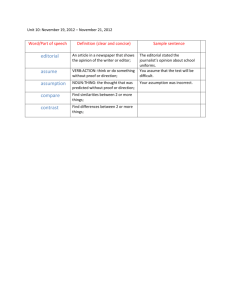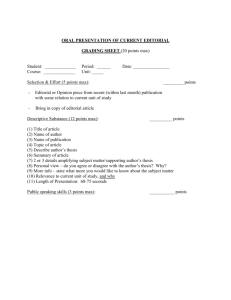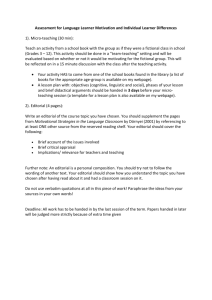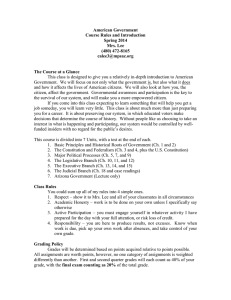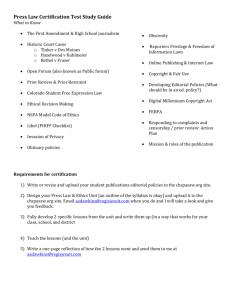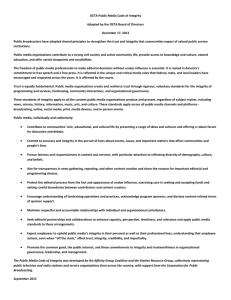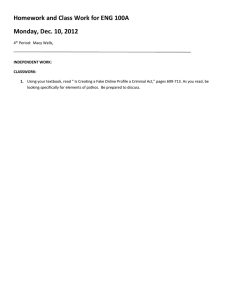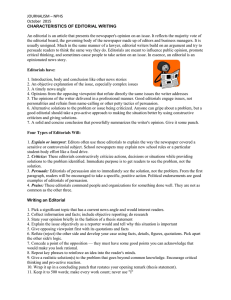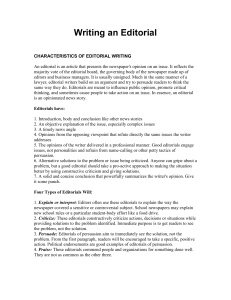11th AP Language and Composition
advertisement
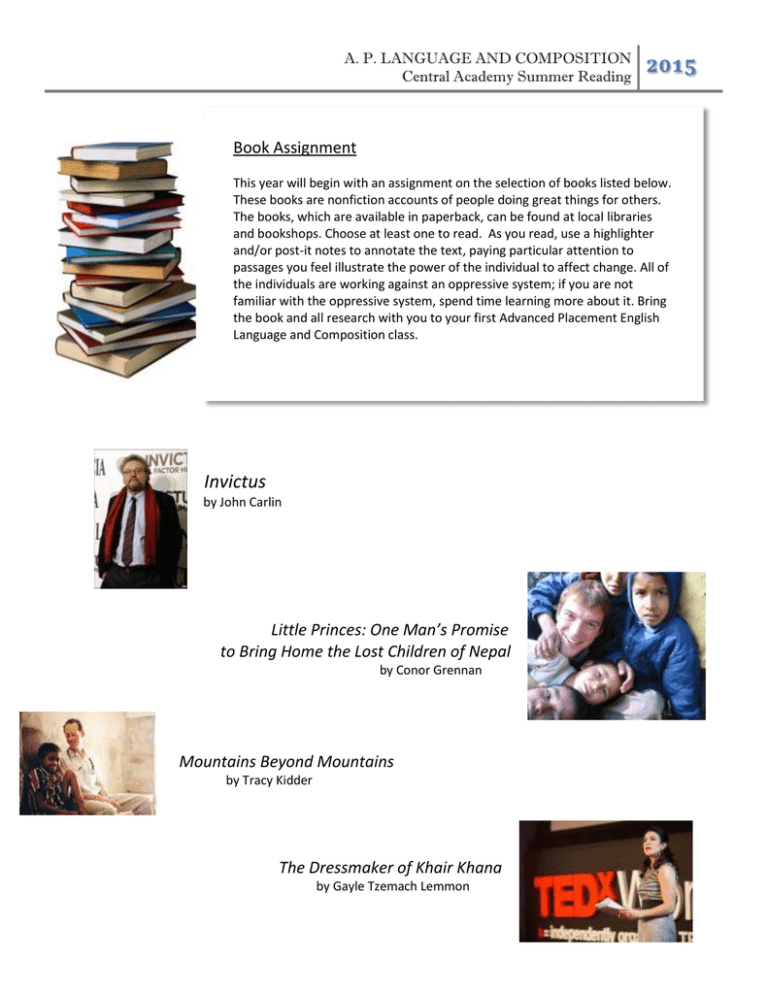
A. P. LANGUAGE AND COMPOSITION Central Academy Summer Reading 2015 Book Assignment This year will begin with an assignment on the selection of books listed below. These books are nonfiction accounts of people doing great things for others. The books, which are available in paperback, can be found at local libraries and bookshops. Choose at least one to read. As you read, use a highlighter and/or post-it notes to annotate the text, paying particular attention to passages you feel illustrate the power of the individual to affect change. All of the individuals are working against an oppressive system; if you are not familiar with the oppressive system, spend time learning more about it. Bring the book and all research with you to your first Advanced Placement English Language and Composition class. Invictus by John Carlin Little Princes: One Man’s Promise to Bring Home the Lost Children of Nepal by Conor Grennan Mountains Beyond Mountains by Tracy Kidder The Dressmaker of Khair Khana by Gayle Tzemach Lemmon A. P. LANGUAGE AND COMPOSITION Central Academy Summer Reading 2015 Newspaper/Magazine Editorial Reading Assignment The focus of Advanced Placement English Language and Composition is understanding, analyzing, and writing non-fiction prose. This assignment gives you practice in reading and responding to essays and arguments. Over the summer, read and clip (or print) at least five editorials or commentaries/essays (not news articles or informational features) from reputable newspapers or issues-based magazines (most of which you can access on-line.) Mix-and-match, using different types of sources. You may choose to focus your reading on a specific topic (i. e., global warming) or you may read on a number of different topics. Then, comment on the aspects of each of the editorials that made you think, and your thoughts about the editorial or the issues—one response per editorial. Your responses should be thoughtful, specific, and detailed. Some questions you might want to think about/comment on: Do you agree or disagree with the writer’s viewpoint(s)? Why? Did the editorial make you want to know more about the issue? In what way? What are some of the writer’s best arguments? What makes them effective? Which arguments or points made by the writer do not make sense to you and why? How does this editorial connect with other knowledge that you have from other sources? Something else this editorial makes you think about . . . Neatly put together the readings and your responses to hand in on the first day of class. Make sure you provide the MLA documentation for each source—do this correctly! You will be evaluated on this activity, so don’t neglect this responsibility. And finally . . . do some leisure reading!
